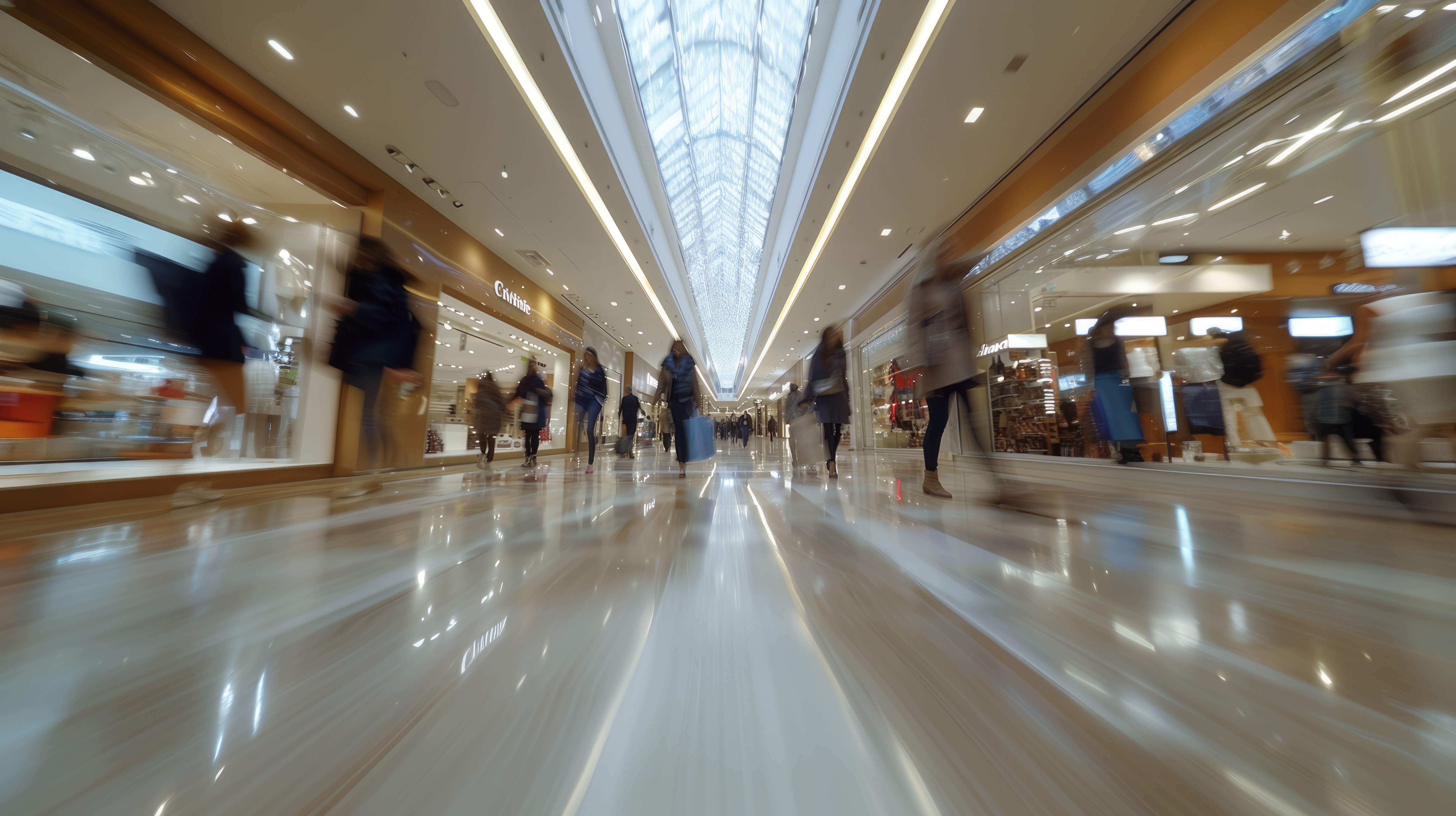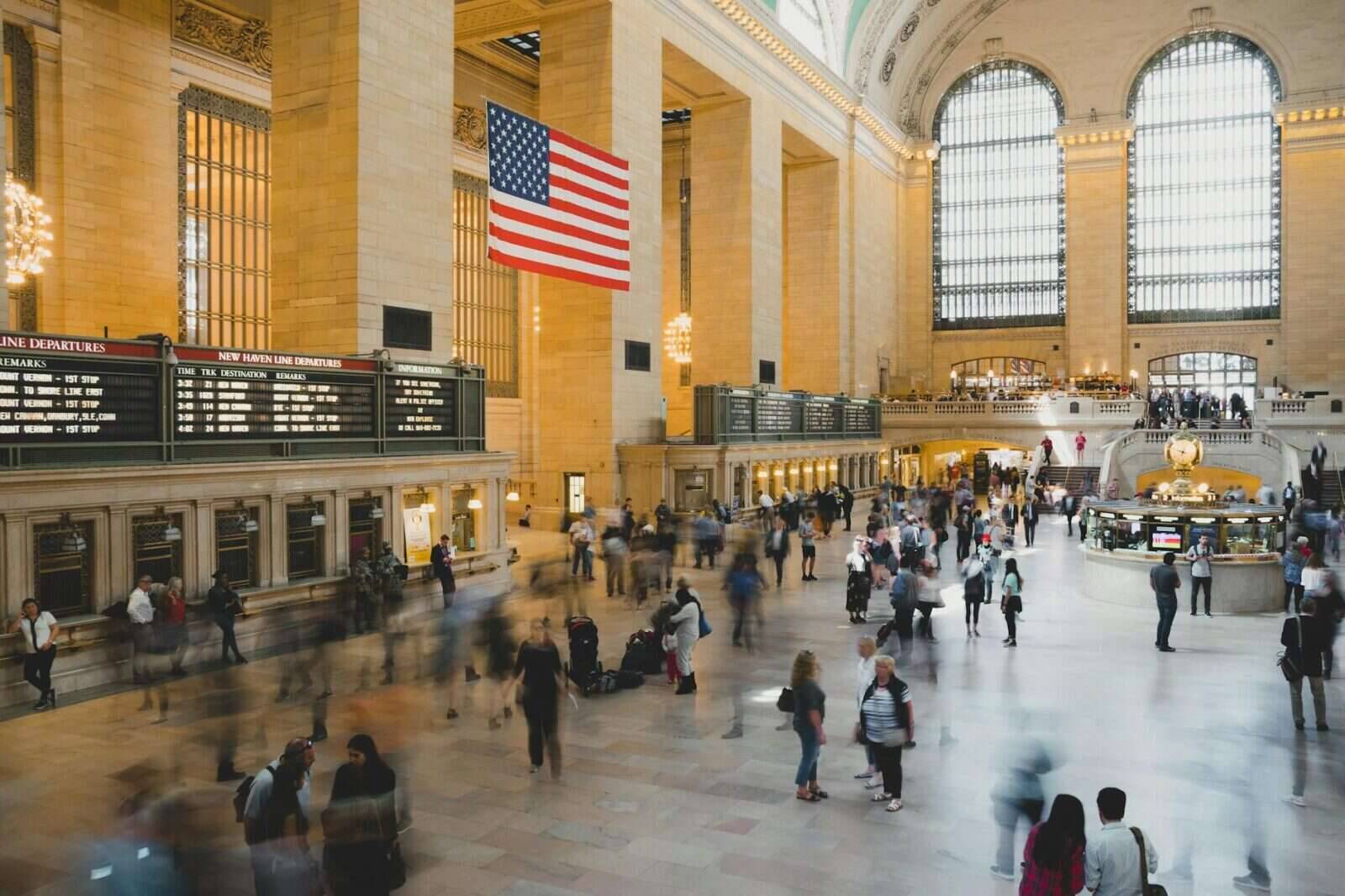
Trump’s New Tariffs Expected to Raise Prices on Cars, Food, and Clothing in the U.S., Warns Washington Post
American consumers may soon face a new wave of price increases following the latest round of tariffs imposed by President Donald Trump's administration. The measure, which took effect at midnight on Thursday, raises the average U.S. import tariff to its highest level since the Great Depression, according to an analysis published by The Washington Post.
With the new rates, essential goods such as clothing, footwear, food, and vehicles are likely to see significant price hikes as the increased tariffs drive up import costs. According to Yale University’s Budget Lab, the tariff policy could cost American households an average of $2,400 per year.
“Tariffs have shifted from being temporary to permanent — and that changes how American businesses will respond,” said Justin Wolfers, professor of economics at the University of Michigan. “You’re going to start seeing higher prices as soon as companies are convinced this is here to stay — and that clock starts today.”
Direct Impact on Consumer Budgets
Estimates from the Budget Lab include:
-
Leather shoes and handbags could become 39% more expensive
-
Clothing prices could rise by up to 37%
-
Fresh produce like fruits and vegetables may increase by up to 7%
-
General food prices may rise by more than 3%
-
New vehicles could cost around 12% more, representing an additional $6,000 on average per car
The tariff rates vary by country: 50% on imports from Brazil and India, while the European Union and Japan face 15%. The measures aim to pressure countries to relocate manufacturing operations to the U.S., especially in critical sectors such as semiconductors and pharmaceuticals, which are expected to face additional targeted tariffs in the coming weeks.
Shrinking Inventories and Retail Strain
Major retailers like Costco, Target, and Williams-Sonoma had managed to mitigate the initial impact by relying on inventory stockpiled before the new tariffs were enforced. However, analysts warn that these supplies are quickly depleting, and price increases on store shelves may soon become inevitable.
With this new wave of tariffs, experts foresee increased inflationary pressure, at a time when consumers are already grappling with rising living costs and tighter credit conditions.
-

KELLY COUTO
is a journalist, media entrepreneur, and Editor-in-Chief of Money InFocus, a global platform dedicated to delivering sharp insights on economics, business, and geopolitics. Based in the United States, Kelly has built a career at the intersection of journalism, entrepreneurship, and international relations, with a mission to connect Latin America, and the global market.














